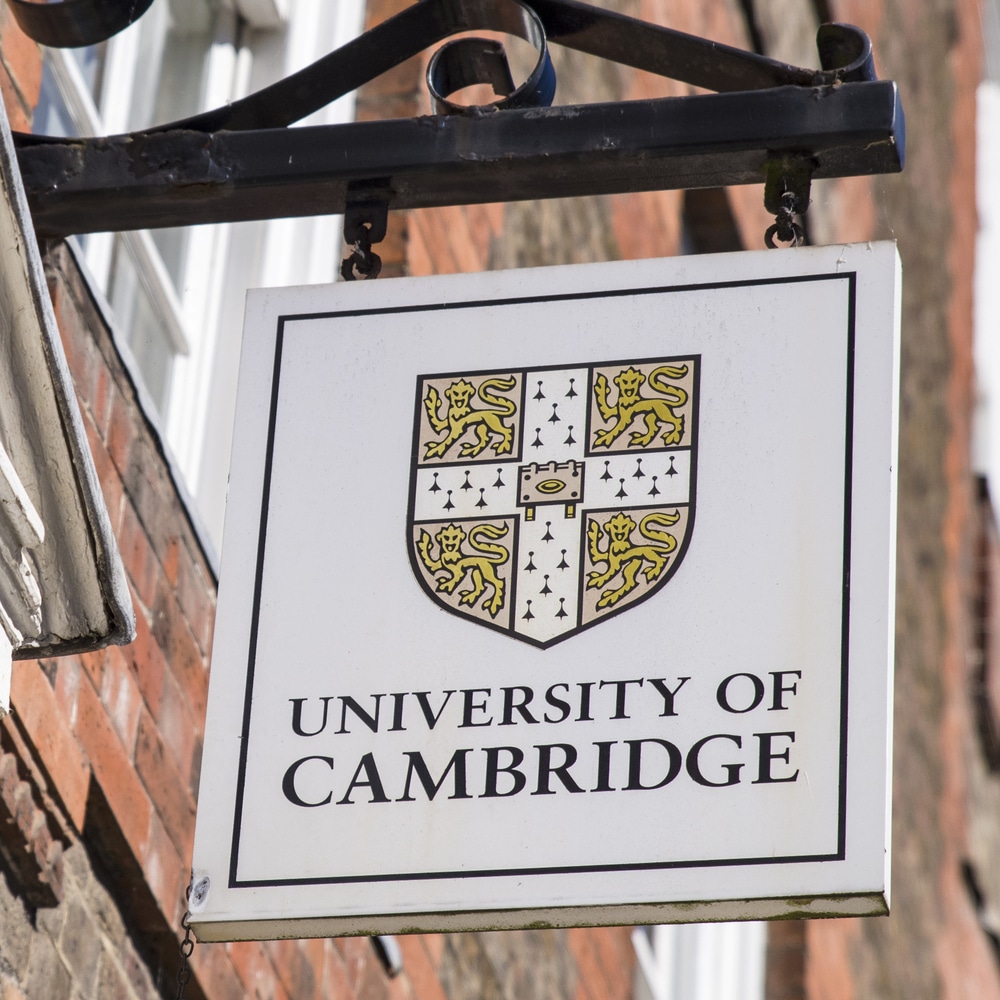
What everybody knows, but nobody remembers
Education: an Investment for the Future
For many years, access to education was limited to the privileged few. However, in 1948 The Universal Declaration of Human Rights (UDHR) included under Article 26 that everyone has the right to an education. Today, nearly 80 years since that declaration was proclaimed, education still remains a privilege in many parts of the world where children don’t have access to it.
Look Up
In the continuous fight to bring education to every person in the world, we shouldn’t fall into the trap of simplifying it. Education is much more than alphabetization or basic mathematics. Critical thinking – the analysis of facts to form judgments, or the ability to question what we read, learn, or listen to — is becoming more and more important each day, and education is the foundation of learning how to think critically.
Today’s challenges are increasingly complex. The right to an education requires all of us to improve educational systems and opportunities and keep our goals and expectations high, instead of looking down to set the reference.
Education Drives Growth
 Professor Fabrizio Carmignani from Griffith Business School (Griffith University, Queensland, Australia) evaluated the relationship between government education expenditure and GDP across a broad sample of countries and concluded that for every dollar the government spends on education, GDP grows by an average of $20.
Professor Fabrizio Carmignani from Griffith Business School (Griffith University, Queensland, Australia) evaluated the relationship between government education expenditure and GDP across a broad sample of countries and concluded that for every dollar the government spends on education, GDP grows by an average of $20.
The Dutch government concurs. Last September it announced an investment of 20 billion euros ($23.6 billion) in education, infrastructure, and research and R&D projects over five years. Economy Minister, Eric Wiebes, said “we need to invest in innovation, the jobs of tomorrow and the transition to a sustainable economy.”
Singapore is another good example. An island city-state ranked with the world’s most competitive economies due to, among other factors, its strong education system that supports economic growth. Other countries that consistently perform well are Finland, Hong Kong, Japan, and South Korea.
Recently, Kristalina Georgieva, IMF Managing Director, speaking about the COVID-19 crisis in a recent interview with CNA mentioned that “Asia now benefits from the long-term investments in people, in education in particular”.
If there is a general agreement on how important access to education is and how the quality of the education itself affects our survival and potential development, then why do different governments and countries have different approaches to education? Why do some view it as an inescapable expense while others see it as a worthwhile investment?
Preparing Students for Jobs that Don’t Exist

But dividends from investments in education are not paid back immediately. They require a lot of effort and patience. Many would agree that these two characteristics are hard to come by nowadays, in a world where immediate gratification and short-term results are demanded and expected. These concepts resonate very little with younger generations who, guided by social media influencers, seek ephemeral fame and external validation over longer-lasting and sustainable rewards.
We should all try to be more patient and wait for the harvest to be ready, without risking the quality of our futures.
Let’s remember: “Education: an Investment for the Future”.
Find more articles and news about education here.






